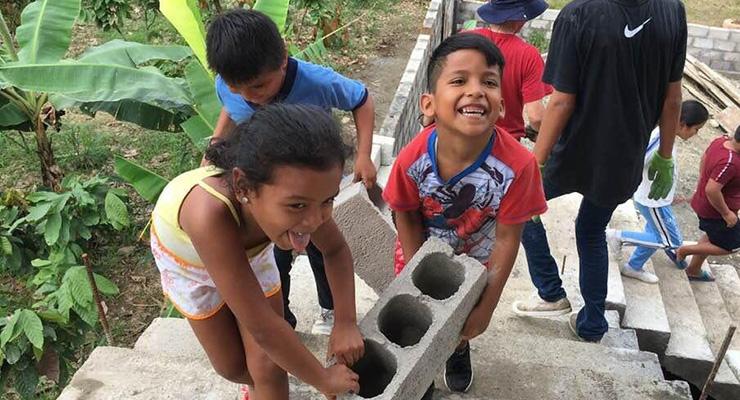
Ecuador district encourages self-sustainability through shoe factory

The Sierra Centro District in Ecuador is in the beginning stages of establishing a shoe factory designed to help the district and the local communities. The factory would be managed by the district, and the revenue will be available to help pastors and expand church ministries across the district.
“For many years, the church [in Ecuador] has been dependent on what the United States can provide, and they haven’t emphasized sustainable development at the local level,” said Mario Paredes, superintendent of the Sierra Centro District. “So, with that in mind, we got together with many pastors and made a list of the different needs that we have and how the church can acquire the resources that we need.”
Paredes and other members of the district leadership team believe a project like this will help show those in their communities that they can come together and help bring about a sustainable growth and better life.
“The goal is to create opportunities to engage in economic development and not be so dependent,” Paredes said. “Our mission is to make disciples, but at the same time the church must teach the disciples that they don’t need to rely on external aid.”
The shoe factory will capitalize on readily available resources.
“This specific location is a place where there is a lot of leather,” Paredes said. “So, we passed out a survey in the community, and we realized this is a very needed project.”
Leatherwork doesn’t require expensive machinery, and the material does not require significant treatment in order to make shoes. Those factors sold the district on the project, as well as the fact that the district has some pre-existing contracts and programs it provides that require shoes.
“In our district, we take care of about 6,500 children in the different churches,” Paredes said. “Every year, we try to provide one pair of shoes to each child. We would have to buy the shoes from a factory that makes them. So at this very moment, we assure ourselves of the sale of at least 6,500 shoes per year.”
The factory will also help push economic development in the area, which is largely rural with few occupational opportunities. Some parents are forced to leave behind their kids and travel long distances to find employment.
“We’ll be able to provide jobs to people from the local churches, and that in turn will help them contribute to their local churches and ministries that they engage in,” Paredes said.
The district wants to use this factory to inspire people personally as well as the community as a whole.
“[We want] to inspire them that when we come together, and when we bring our resources together, then they can better their lives and better themselves,” Paredes said. “So that is part of the work we are doing as the church, to teach them it is possible to come together, pool our resources, and make life better.”
